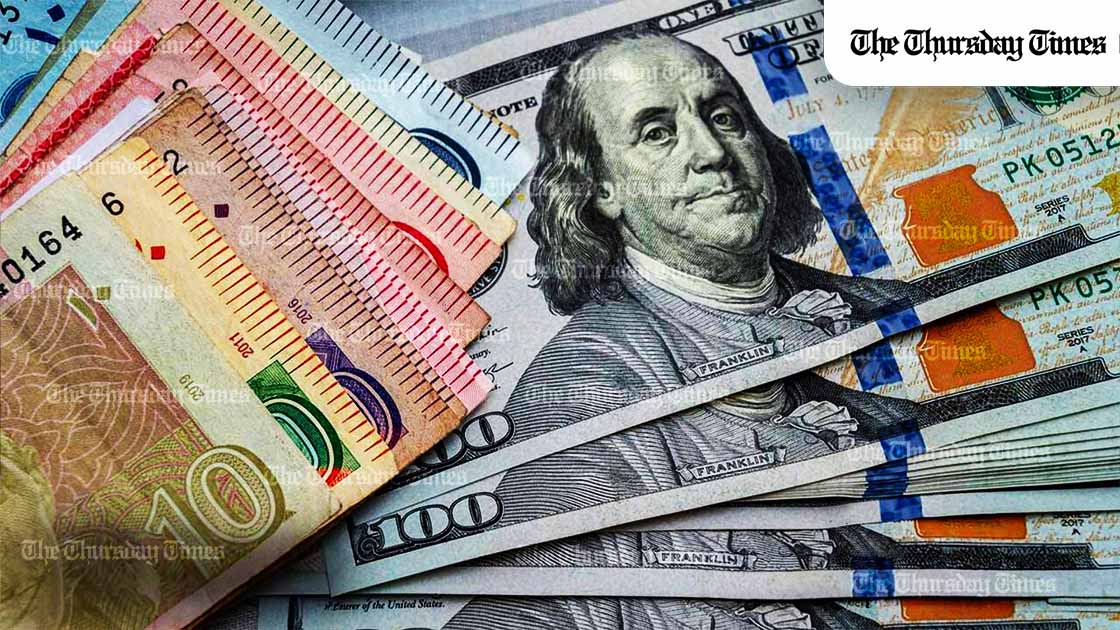ISLAMABAD (The Thursday Times) — Pakistan’s exports climbed to $31.75 billion in FY2024–25, driven by strong gains in textiles, non-traditional sectors, and tech services, as officials unveiled new strategies to sustain growth and tackle global market volatility.
Federal Minister for Commerce Jam Kamal Khan convened a high-level Trade Review Committee meeting on Friday to assess the country’s performance amid persistent global trade disruptions. The session brought together senior figures from the Ministry of Commerce, who reviewed sector-specific results and developed strategies for sustaining momentum in the face of economic headwinds.
Pakistan’s exports rose by nearly $1 billion compared to the previous year, reaching $31.75 billion in FY2024–25. This growth came despite slowing international demand, pricing pressures, geopolitical uncertainty, and rising trade barriers.
The textile and apparel sector remained the country’s primary export engine, with knitted garments increasing by 15 percent, woven garments by 16 percent, and home textiles by 9 percent. Notably, non-traditional sectors emerged as significant contributors: tobacco and cigarettes exports surged by 135 percent, plastic products grew by 17 percent, and cement exports rose by 25 percent. Pharmaceuticals and ICT-related services also posted steady gains.
Minister Kamal Khan praised the adaptability of Pakistan’s exporters, highlighting the growing importance of diversification. Capital goods imports rose by 24 percent, signalling renewed industrial activity and consumer confidence.
To sustain this upward trend, the minister announced several initiatives. These include the development of country-specific export plans targeting new markets, the activation of a Trade Alert System to respond rapidly to technical barriers and global disruptions, and the revival of Sectoral Export Councils to strengthen private-sector engagement.
The Ministry of Commerce also plans to deploy artificial intelligence and data analytics to improve trade intelligence and market targeting. A national services export strategy is in development, with a focus on ICT, freelancing, and the creative economy as new growth frontiers.





